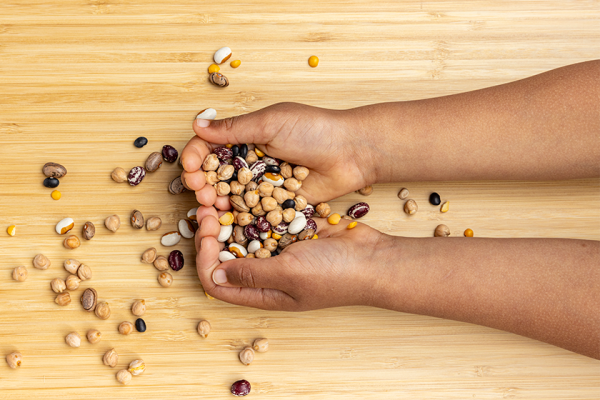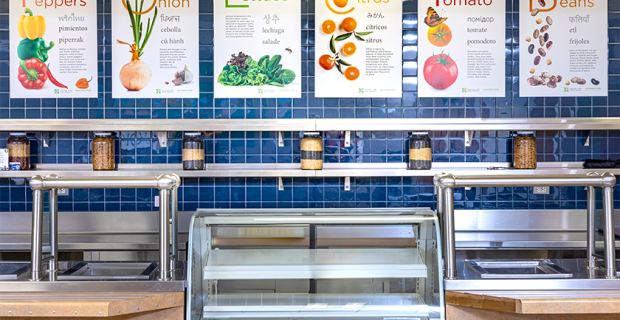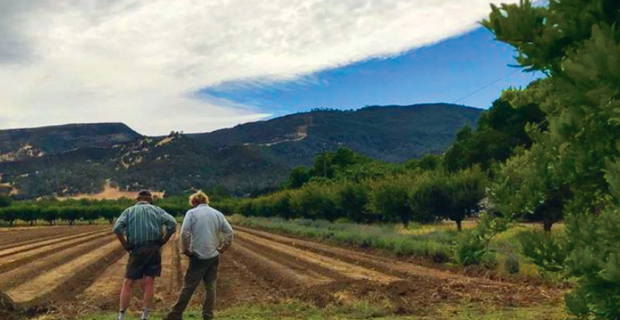Nourishing Students

Research shows that young students do not eat enough fruits and vegetables. As California expands universal TK and continues the School Meals for All program, we have a ripe opportunity to connect the classroom, cafeteria, and garden for our youngest learners and offer experiences that lead to a lifelong love of California-grown fruits and vegetables.
Nourishing Students: Discovering Fruits and Vegetables with Early Learners will engage educators, school nutrition professionals, and community partners in professional development workshops, virtual menu planning sessions, and the development of teaching and learning resources, including classroom activities and student-approved recipes.
WATCH VIRTUAL MENU PLANNING SESSIONS

School Food Success: Developing Recipes with California Fruits and Vegetables
May 21, 2025
Watch the recording.
Download the slides.
In this session, we explored recipe development and how it intersects with local procurement, including adapting, scaling, and taste-testing recipes. We highlight how to do this for all grade levels, including TK–K menus.

School Food Success: TK–K Meal Patterns
September 25, 2024
Watch the recording.
Download the slides.
In this session, our special guests shared state guidance for implementing meal pattern requirements for TK–K menus and best practices for serving more California-grown fruits and vegetables in school meals.

School Food Success: Recipe Crediting
February 26, 2025
Watch the recording.
Download the slides.
In this session, we dove into recipe crediting standards to ensure menu compliance, including TK–K menus, and learned how to leverage the USDA Food Buying Guide to feature more fresh fruits and vegetables for students.
Funding for Nourishing Students was made possible by a grant from the U.S. Department of Agriculture (USDA) Agricultural Marketing Service. Its contents are solely the responsibility of the authors and do not necessarily represent the official views of the USDA.




